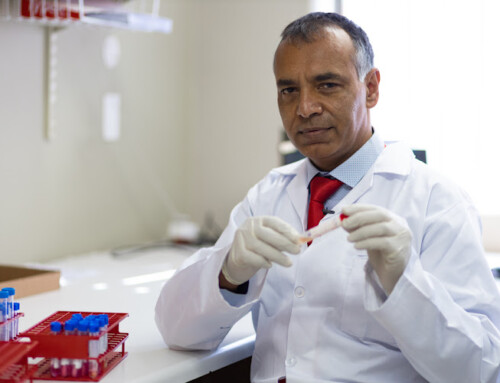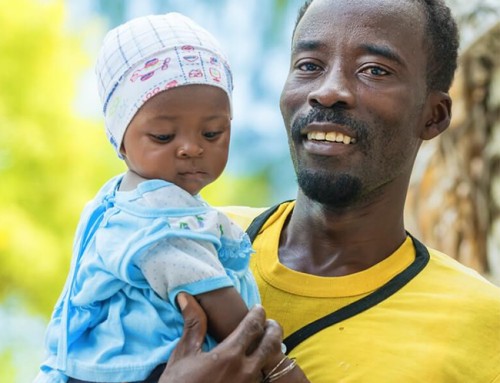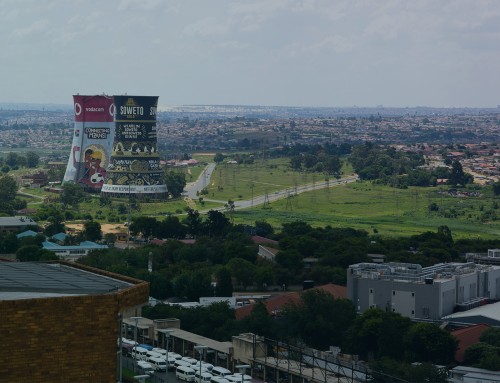COVID-19 Vaccination Rollout: Aspects of Hesitancy in South Africa
Across the globe, comprehensive COVID-19 vaccination programs have been rolled out. Naturally, it remains paramount for efficiency to ensure uptake. Hypothetical vaccine acceptability in South Africa was high prior to the availability of inoculation in August 2020—three-quarters stated intent to immunize nationally. However, 24 months on, less than one-third have finished their vaccination on a national average, and in the sprawling South Western Townships (Soweto), this figure remains troublingly low with as many as four in every five still hesitant.
Medical anthropologists have recently portrayed how COVID-19’s jumbled mediatization produces a ‘field of suspicion’ casting serious doubt on authorities and vaccines through misinformation and counterfactual claims, which fuels ‘othering’ and fosters hesitancy. It follows that intent to immunize cannot be used to predict uptake. Here, we take this conceptual framework one step further and illustrate how South African context-specific factors imbricate to amplify uncertainty and fear due the productive nature of communicability, which transforms othering into racialization and exacerbates existing societal polarizations.
Click below to read the full article.
COVID-19 Vaccination Rollout: Aspects of Hesitancy in South Africa
Authors: Bent Steenberg, Andile Sokani, Nellie Myburgh, Portia Mutevedzi, and Shabir A. Madhi
Credit: CHAMPS


